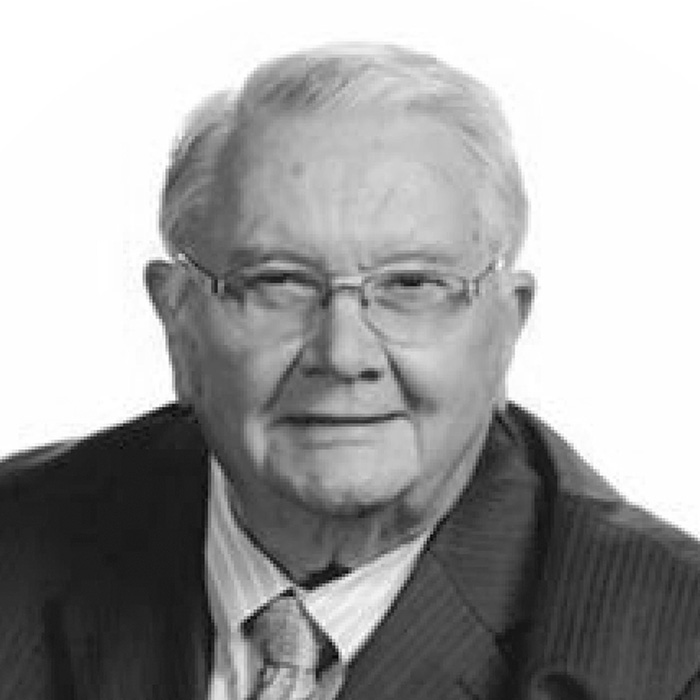A man I wish I had known
If I were to name ten people I wish I had known, Carl Sandburg’s name would be on my list. I would love to have sat on the porch of his Blue Ridge Mountain home and talked to him about his life and his poetry.
Years ago Dean and I belonged to a record club from which we obtained a 33 1/3 long playing record titled “The Poetry of Carl Sandburg.” We enjoyed listening to Sandburg read his own poems, written in free-verse like that of Walt Whitman. His gravelly voice was quite arresting. Closing my eyes, I would imagine that brilliant old man sadly but accurately describing real people and places he had known.
Sandburg had a unique way of using poetry to paint pictures of familiar life experiences. His deep sensitivity helped him see and hear sights and sounds that many of us miss. He made us confront important truths which he shared simply, purely and profoundly.
He was at home with a wide range of subjects, from Rootabaga Stories and Jack Rabbits to the life and speeches of Abraham Lincoln. From childhood, Sandburg studied and admired the rich legacy of President Lincoln. Sandburg’s six-volume biography of Lincoln is widely respected. His portrayal of Lincoln, the beloved president with “a face like a Hoosier Michelangelo,” is an American classic.
Had I the opportunity to visit with Sandburg before he died in 1967, I would have asked him to play his banjo and allow me to join him in singing the folk-songs he loved. I would have asked him about some of the characters in his poems, in particular a woman named “Mag.” Her name is the title of one of his poems that is drenched with sadness and despair. It still breaks my heart to read this short poem of less than 20 lines.
“Mag” evokes such pain in my soul that I wish I had never read it, yet in a strange way I admire the jarring reality that it exposes. Its pathetic lines stick in my brain as though they are glued there. Yet the agonizing regret of Mag’s husband is surely like that of many men whose marital love has soured and died.
The poem begins, “I wish to God I’d never saw you, Mag.” Then it goes on with the sad husband wishing Mag had never quit her job or that “we had never bought a license and a white dress for you to get married in, the day we ran off to a minister, told him we would love each other and take care of each other always and always as long as the sun and the rain last anywhere.”
The despondent man wishes that Mag lived somewhere else, and that he was “a bum on the bumpers a thousand miles away dead broke.”
But it gets worse! Try to imagine a man so depressed that he laments,
“I wish the kids had never come, and rent and coal and clothes to pay for,
“And a grocery man calling for cash every day, cash for beans and prunes.
“I wish to God I’d never saw you Mag.
“I wish the kids had never come.”
Had I talked to Sandburg, I would have asked if he had known Mag and her husband. Was she a real person? Did she and her husband reconcile? What happened to the kids? Did the husband overcome his despair?
I have a feeling that the grand old poet would have said, “Why, Walter, Mag lives in every town.” Perhaps that is what is so haunting about “Mag.”
So, where does Jesus fit into all this? Surely it is because Mag and her husband live in every town that Jesus said, “Love one another.” In his Sermon on the Mount, Jesus reminds us that it is not enough to love only those who love us, or to pay attention only to our brothers. Even pagans do that, Jesus said. Disciples of Jesus do more than that; they look for Mag and invite her and her family to turn to Jesus for redemption from despair.
In every town, people like Mag and her husband, and their kids, desperately need the love of someone who knows Jesus. You could be that person. So, look for Mag, and love her into the hope and joy you have found in Jesus.


